Life
Sign up for our newsletter
We summarize the week's scientific breakthroughs every Thursday.
-
 Genetics
GeneticsHow you bet is affected by your genes
When betting, people's decisions are influenced by variations in a set of genes that regulate the brain chemical dopamine.
-
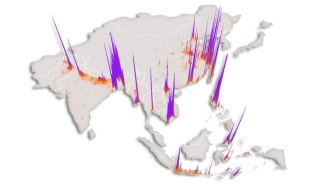 Life
LifeAvian flu could strike Asian poultry markets outside China
H7N9 influenza has a higher chance of spreading to humans in urban areas close to water, researchers predict.
-
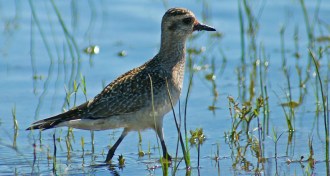 Animals
AnimalsMosses hitch rides on the wings of birds
Seeds may travel from far north to south hidden in the feathers of migratory birds.
-
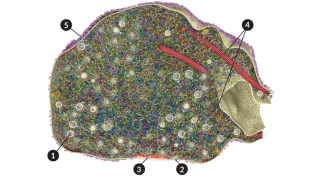 Neuroscience
NeuroscienceVisualization offers view of a nerve cell’s dispatch center
To get a closer look at how messages move in the brain, researchers created a 3-D visualization that provides a clearer view of how nerve cells communicate.
-
 Health & Medicine
Health & MedicineUlcer microbe changes quickly to avoid immune attack
During the initial weeks of infection, Helicobacter pylori, the bacterium that causes stomach ulcers, mutates at a high rate, apparently to evade the body’s defenses.
By Nathan Seppa -
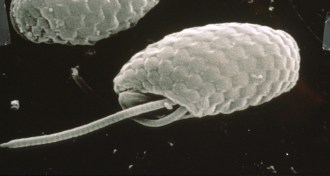 Life
LifeGenetic mutation quenches quantum quirk in algae
Studying algae that can and cannot use quantum coherence to harvest light could lead to better organic solar cells and quantum-based electronic devices.
-
 Neuroscience
NeuroscienceNeurons pull together as a brain learns
Learning and memory in rats is linked with increases in cortical oscillations, or brain cells firing off in groups, a new study shows.
-
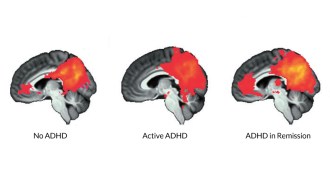 Neuroscience
NeuroscienceBrain signal reappears after ADHD symptoms fade
In adults who no longer have ADHD, brain synchrony appears.
-
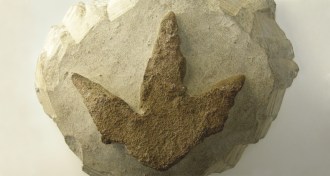 Paleontology
Paleontology‘Dinosaurs Without Bones’ gives glimpse of long-gone life
Ichnologist Anthony J. Martin explains his research piecing together dinosaurs’ lives from footprints and other traces.
By Sid Perkins -
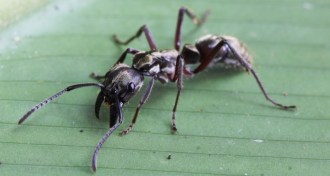 Animals
AnimalsSwimming evolved several times in treetop ants
Certain ants living in tropical forest canopies turn out to be fine swimmers.
By Susan Milius -

-
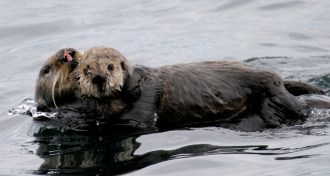 Animals
AnimalsIt’s hard being a sea otter mom
The energy requirements of lactation may explain why some female sea otters abandon their young.